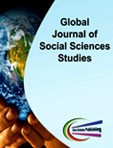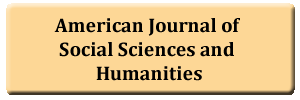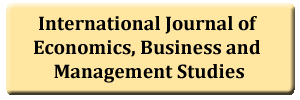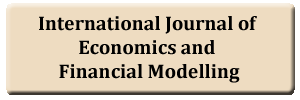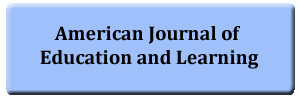The Land Reform Program: An Insight into the Factors Influencing Policy Implementation in Zimbabwe and South Africa
DOI:
https://doi.org/10.55284/gjss.v8i1.629Keywords:
Land reform, Interest group, Agriculture production, Policy, Zimbabwe, South Africa.Abstract
Land is a part of a nations’ heritage and definition of culture. As such governments have taken-action to re-distribute land to the local natives who may have been displaced in the struggle for independence and left without land to call their own. In Zimbabwe and South Africa land redistribution has been done in a bid to close the inequality gap and promote economic activity through agriculture . The Policy adopted to promote this activity was the Land Reform Program and was implemented in Zimbabwe and South Africa. The interest groups identified were the government whose motive was to bridge the inequality gaps , the white farmers who sought to retain land ownership , the liberation war veterans who sought compensation for their contribution towards freedom and finally the peasant native farmers and masses who sought land that they could call their own. The differences in the factors influencing land reform were identified as the pressure from various beneficiaries in both countries .The study has given an insight on the significant factors that pushed for the implementation of the land reform program by applying the interest group theory and comparing the differences thereof.

